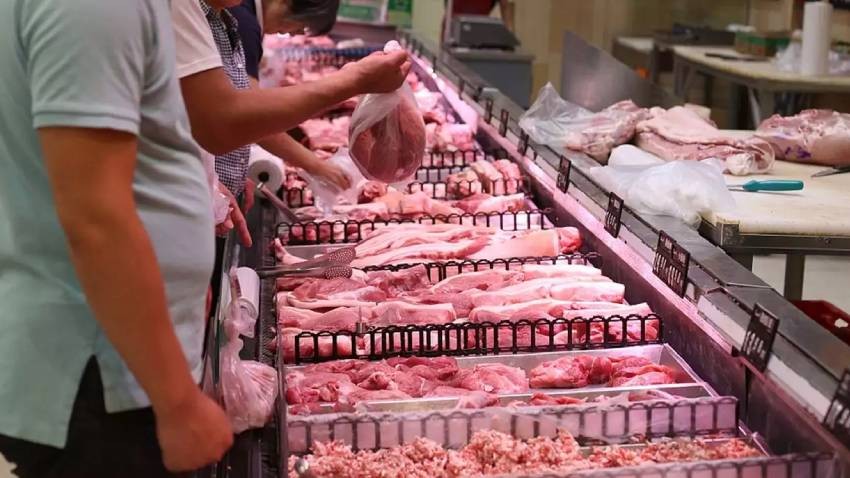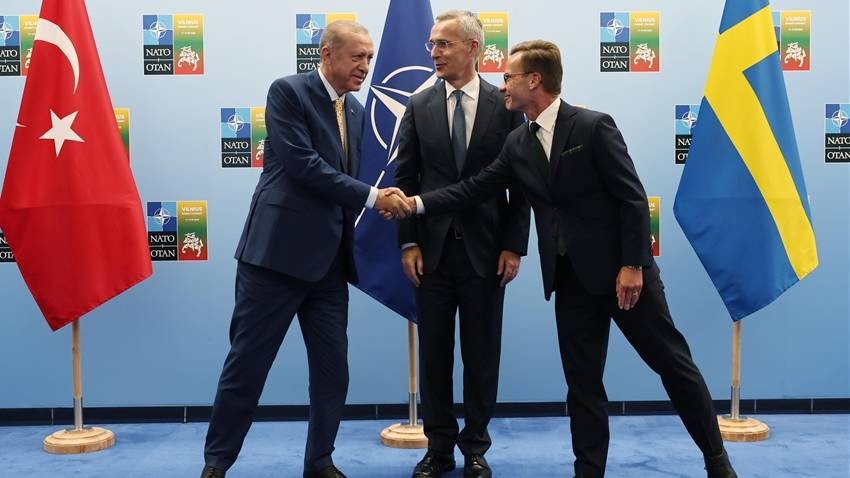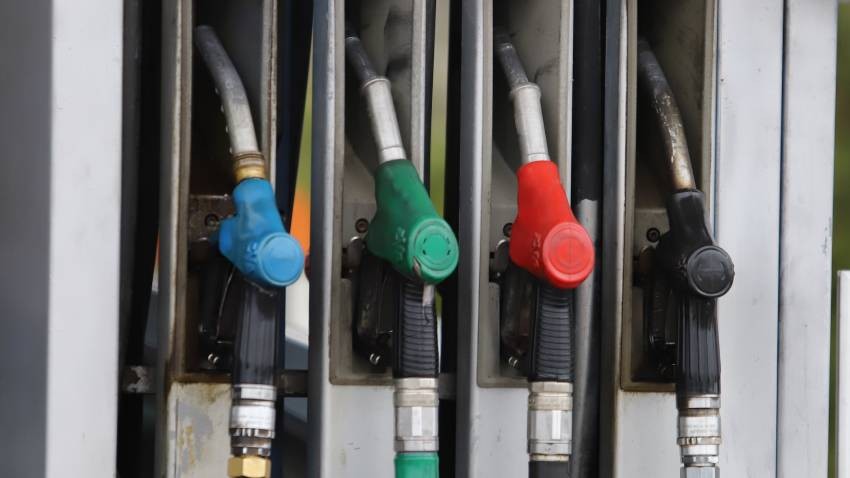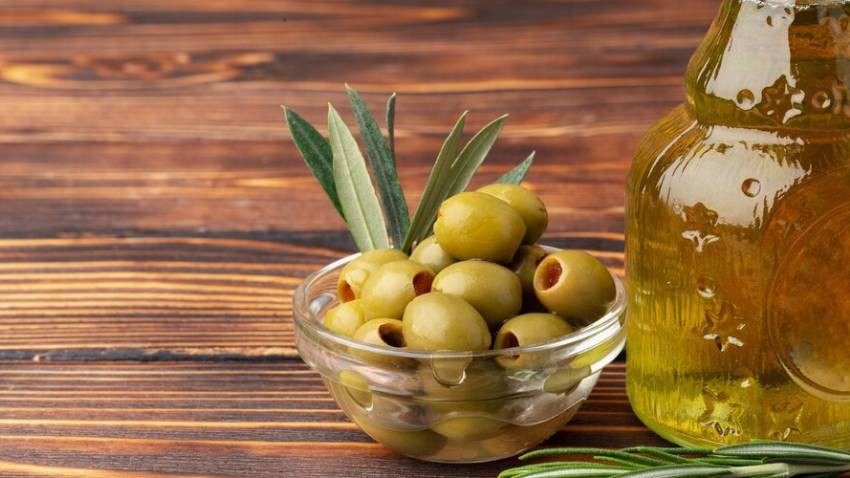Survey: North Macedonians see Bulgaria as an enemy, Serbia as a friend
48% of North Macedonians believe that their country is under threat. 46% are convinced that there is no threat to their country. 79% of those who perceive a threat believe that it comes from Bulgaria, 6.3% from Russia, 2.7% from Albania and 2.4% from Serbia. When asked "Which country or international organisation is North Macedonia's best friend?", 39.6 percent said Serbia, followed by 13.7 percent who consider the United States their best friend, 10 percent who think Turkey is Skopje's biggest ally and 8.4 percent who believe the EU is Skopje's most important supporter. More than half of the respondents, 55.8 percent, believe that the EU's treatment of Skopje is unfair, arrogant and blackmailing. 27.5 percent see relations with the EU as fair, friendly and honest. For 60.8%, the EU is the best alternative for the country. 56% think the country lacks democracy and 62% think it is going in the wrong direction. The representative survey EUROMETAR 2023 was conducted by Eurothink - Centre for European Strategies, reports BGNES.
Romanian Senate votes to ban sale of lab-grown synthetic meat

The Senate, the upper house of Romania's legislative body, recently passed a bill banning the sale of lab-grown synthetic meat on the local market. The legislative proposal, initiated by a group of MPs from the ruling Social Democratic Party (PSD), aims to regulate the name, presentation, labelling and marketing of meat products "in order to protect public health, ensure hygienic conditions and provide consumers with accurate information", as stated in the report of the expert committee. The sale of laboratory-reared synthetic meat from animal cells on the domestic market is prohibited. The provisions also apply to culinary products intended for public supply. Trade in synthetic meat will be punishable by a fine of EUR 40 000 to EUR 60 000. The law must also be voted in the Chamber of Deputies, the lower house of parliament, AGERPRES reports.
Turkey lifts veto on Sweden's NATO membership

Turkish President Recep Erdogan has submitted the bill on Sweden's accession to NATO to parliament. "The protocol for Sweden's accession to NATO was signed by President Recep Tayyip Erdogan on 23 October 2023 and submitted to the Grand National Assembly of Turkey," the presidency wrote on the social media platform X, formerly known as Twitter. According to the procedure, the decision will first be reviewed by the Foreign Affairs Committee. If approved, it will be put to a vote in parliament. The Foreign Affairs Committee has not yet scheduled a meeting to consider the case, but the procedure is expected to be fast-tracked. Sweden and Finland applied to join NATO last year following Russia's invasion of Ukraine. Finland's membership was approved in April. At the NATO summit in Vilnius in July, Turkey agreed to lift its veto on Swedish membership. Stockholm promised not to support organisations Ankara considers terrorist and to work for Turkey's European integration. At the same time, the US will lift its veto on the delivery of F-16s to Turkey, BTA reported.
Serbia increases and freezes gas prices for consumers until 2024

The price of natural gas for consumers in Serbia will be frozen until May 2024 at the increased level of 1 November 2023, the Danas daily reported.
In case of sudden changes on the market, the government will compensate the difference for producers and importers from the state budget. This is stipulated in the Regulation on Temporary Measures to Limit the Price of Natural Gas and to Compensate the Difference in the Price of Natural Gas Imported or Produced in Serbia in the Event of Sudden Changes on the Natural Gas Market.
However, the freeze is in direct contradiction with Serbia's agreement with the International Monetary Fund (IMF) to gradually increase retail gas prices until 2025. From 1 November, the increase will be 10% and the price will reach 4.18 euros per kilowatt-hour.
Prices as good as gold for the liquid gold of olive oil

Low yields in leading olive and olive oil producing countries for the 2022-2023 season and poor weather conditions have boosted demand. This has pushed prices up by as much as 30%. Expectations for the new global crop are even worse. In Greece, refined olive oil production for 2023 has fallen from 350,000 tonnes to 160,000 tonnes. In Greece and Turkey, major exporters to the Balkans and leading global suppliers, a harsh winter, summer drought and forest fires have made production much more expensive. Producers warn that olive oil, dubbed 'liquid gold', could indeed turn out to be 'golden' for consumers. Virgin olive oil now costs €9.25 a litre in Greece, reports moneyreview.gr. In Turkey, olive oil now sells for 12-15 euros a litre in retail outlets. To control prices, Ankara has introduced restrictions on olive oil and olive exports.
Compiled by Ivo Ivanov
Photos: BGNES, evz.ro, BBC, Freepik.com
Teodora Byalkova joined the Bulgarian Sunday school "Sts. Cyril and Methodius" in Athens in the 2022/23 school year. At that time, she also organized the dance formation "Ludi-Mladi" for current and graduated students. Since then, the..
The village of Novo Selo is located on the road between Veliko Tarnovo and Sevlievo. Here archaeologists have found tools used by people during the Chalcolithic, which testify to an active economic life in the area. There is also..
The mountain resort of Bansko is set to become the capital of mountaineering culture, adventure, and travel, featuring films, exhibitions, and presentations that detail the limits of human possibility. From November 19 to 23, the "Bansko Film..
For 15 years, Stela Nedkova has been living in Brussels . After completing her education in Bulgaria, she decided to test herself in a different reality..
In Gabrovo – a city in the geographical center of Bulgaria, once described as the Bulgarian Manchester, but today facing demographic..
Timișoara, a large multicultural city in western Romania, is the center of the historical community of the Banat Bulgarians . The members of this..

+359 2 9336 661
